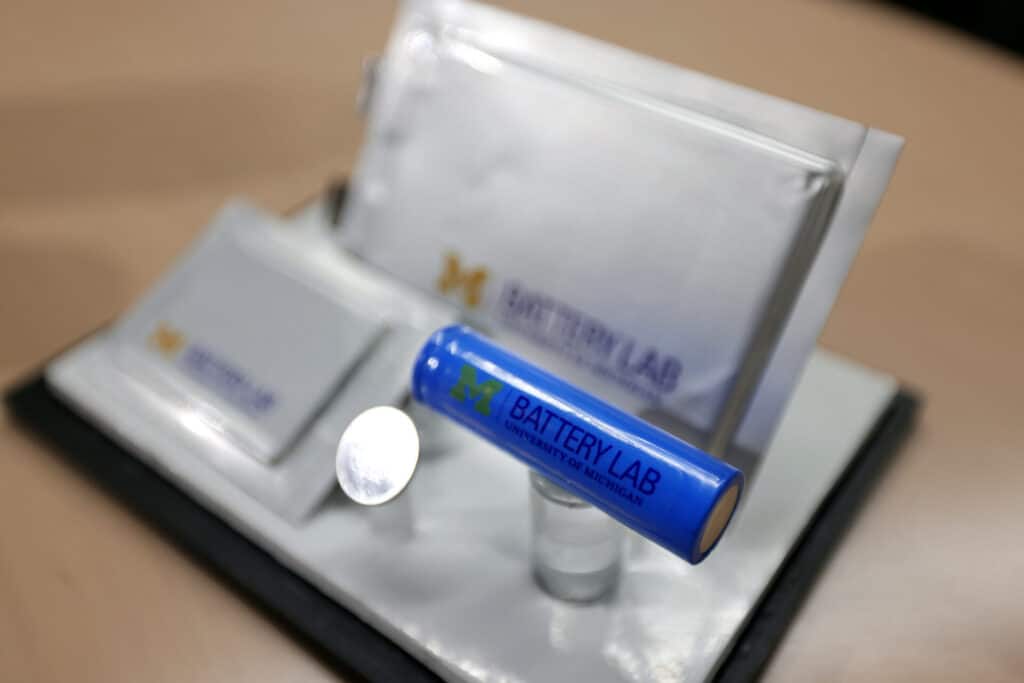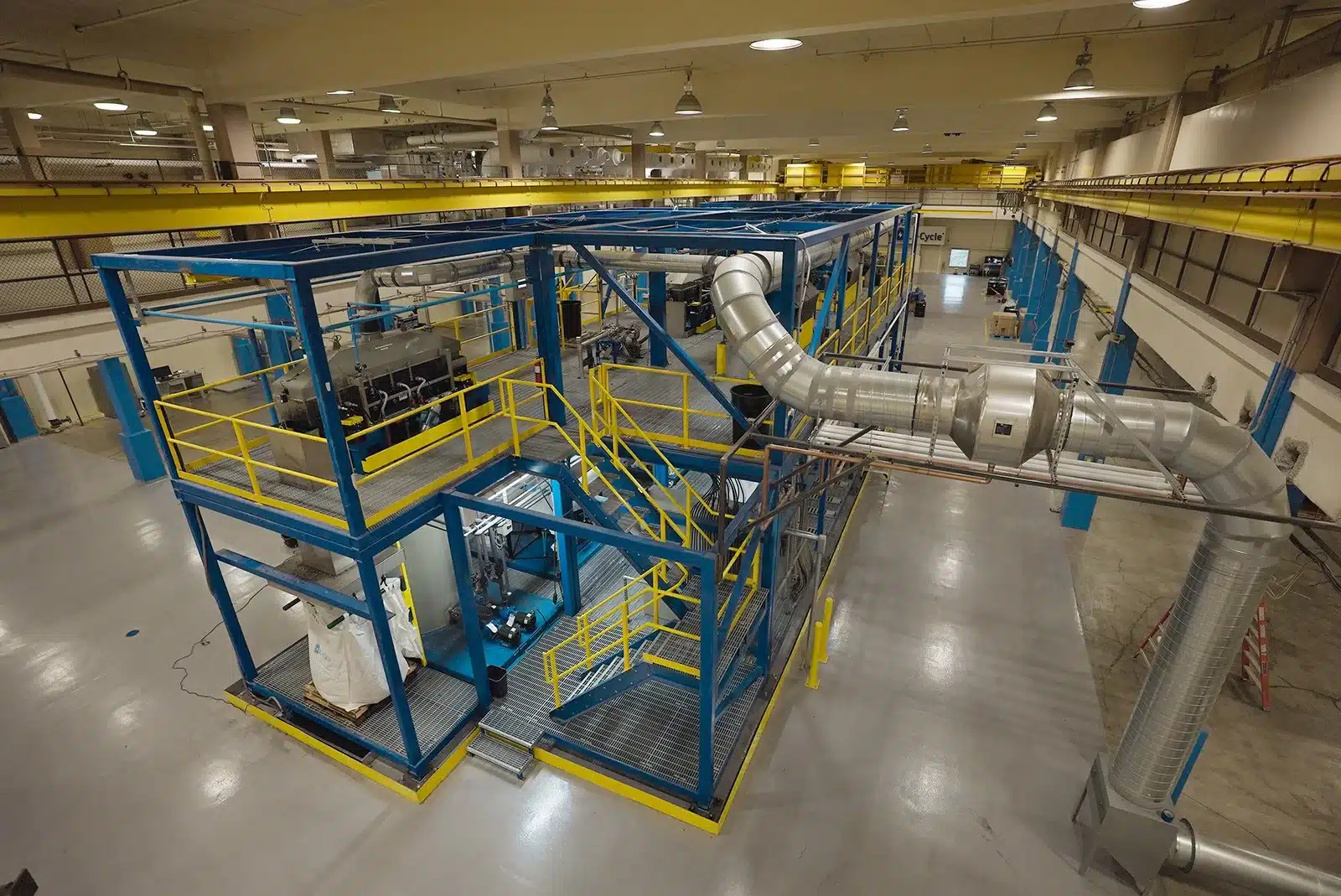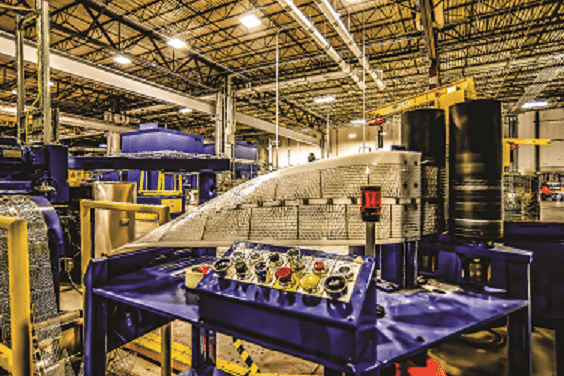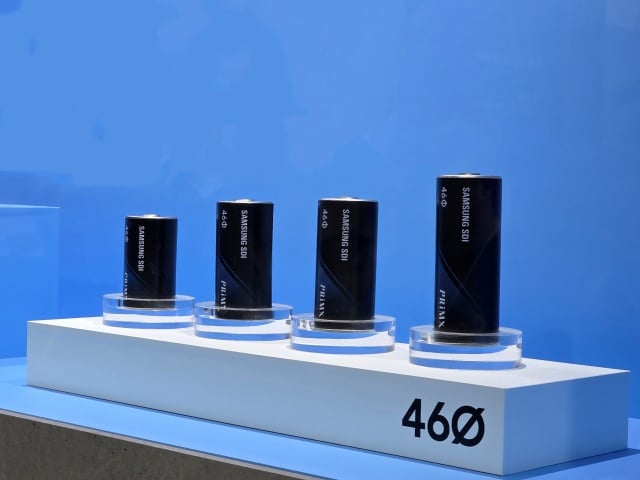The University of Michigan has received approval from the Board of Regents to proceed with a $60 million expansion project aimed at enhancing electric vehicle (EV) battery research and education. Announced during the February 20 meeting, the funding for the initiative will come from the state of Michigan contract that established the Electric Vehicle Center in 2023.
The project involves a 25,000-square-foot expansion of the U-M Transportation Research Institute (UMTRI) building located on North Campus. The new addition will feature three dedicated battery laboratories, auxiliary support areas, a substation, and a battery cell testing facility, among other infrastructures. Additionally, the expansion includes minor renovations within UMTRI and the installation of a new on-site fire hydrant to improve safety measures.
“This new facility will accelerate innovation, strengthen our partnerships with industry and help develop the highly skilled workforce needed to drive the future of electric mobility,” said Alan Taub, director of the EV Center and the Robert H. Lurie Professor of Engineering, and professor of materials science and engineering, of mechanical engineering and of macromolecular science and engineering in the College of Engineering.
The architectural design for the expansion will be undertaken by SmithGroup, and both the construction schedule and schematic design will be subject to further approval by the Board of Regents at a future date.
This expansion will significantly increase the research capabilities and opportunities available at Michigan Engineering’s existing and upcoming facilities. The current U-M Battery Lab, which was the first university-based facility of its kind when it opened in 2015, continues to support both academic and industry researchers globally.
In April, preceding the UMTRI expansion, the EV Center plans to open an 8,000-square-foot off-campus space. This new location will nearly double the lab’s size and will include a pilot line for small-scale battery cell manufacturing and an advanced automated laser welding system for assembling and testing battery modules and packs.
The University of Michigan’s commitment to expanding its EV battery research facilities underscores its dedication to advancing next-generation battery technologies and supporting the growth of electric mobility.
Source: The Record
















